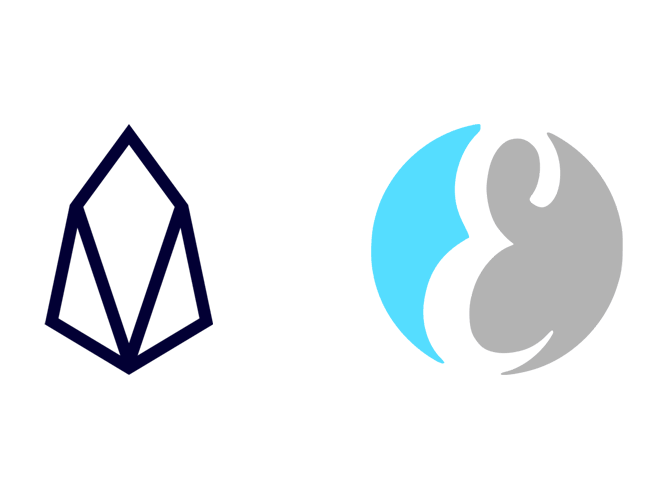
Wikipedia has long been known as the most popular encyclopedia of the web. But some people didn't like it, and they created something that is similar but different to a whole new level.
Everipedia is a portmanteau of the words "everything" and "encyclopedia." Created from a fork of Wikipedia, it was founded in 2014 by Sam Kazemian, Theodor Forselius, Travis Moore, Mahbod Moghadam, George Beall and Christian Decigaas.
Initially, the encyclopedia first announced its plans to launch on Ethereum. But because the plans botched, Everipedia that is known as the decentralized encyclopedia, announced its operation on the EOS blockchain.
This strategy is meant to help it rival Wikipedia by offering a truly open and censorship-free database of information. And also using blockchain, Everipedia features an incentive system powered by its native cryptocurrency - IQ, where contributors and validators of the encyclopedia are rewarded for objectivity and high standards with tokens.
According to Everipedia, blind allegiance and decentralization should be enough to control quality.
To make this happen, Everipedia also hired Wikipedia co-founder Larry Sanger as part of its team.

The project first appeared in 2017. At that time, Everipedia was originally being built for Ethereum. But in December, the team ditched Ethereum and jumped to EOS.
According to its developers, building an encryclopedia on Ethereum was "infeasibly difficult", at least until it solves its scalability issues. But with EOS, Everipedia is also experiencing some troubles in solving the scalability issue, particularly for distributing critical resources to app developers, namely RAM.
"Not everything works or is ready on the EOS platform, but that is the same for Ethereum," said the team at Everipedia. "Scaling solutions are still being worked on, storage, RAM, and bandwidth costs fluctuate a lot. Obviously, things need to be improved and economics worked out."
Instead of using a single server to store data, Everipedia's blockchain distributes the data across a network that requires consensus before allowing changes. Instead of recording transactions, the blockchain ensures anyone around the world can access the encyclopedia.
Going live, Everipedia is experimenting whether or not the strategy works. It claims to have over thousands of contributors creating more English entries than Wikipedia.

"We need a much wider variety of people to feel comfortable about contributing. Instead of about 10,000 contributors—that’s my estimate of the number of active Wikipedians—a more open, decentralized network will be able to organize the labor of millions of intellectuals from around the world." said Larry.
"That’s what should exist. But you can organize that number of people only in a highly decentralized, neutral leaderless way, in much the same way the Internet itself was organized, via neutral technical protocols."
Putting everything together, Everipedia's goal is to put together a global workforce of contributors. Using blockchain, Everipedia should be able to do this thing better than Wikipedia, especially because of Wikipedia's non-profit nature and lack of incentives that held it back.
What's more, the blockchain should help Everipedia evade internet censorship. A lot of people in the blockchain community rely on decentralization, and hope that the technology can put an end to "arbitrary speech restrictions by governments and private corporations."
Countries like China, Uzbekistan and France have all taken action to censor Wikipedia in varying ways. Everipedia aims to end this, using a technology called the InterPlanetary File System, or IPFS.
Everipedia here, aims to store knowledge, decentralize them, and making the platform itself "uncensorable.